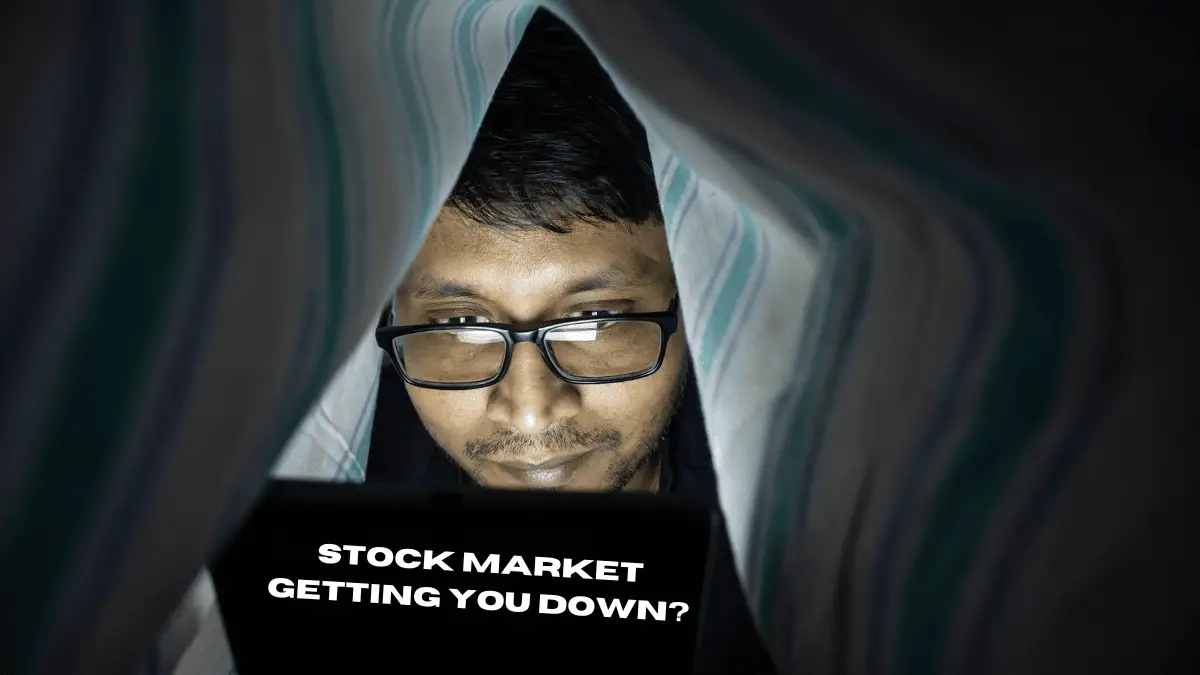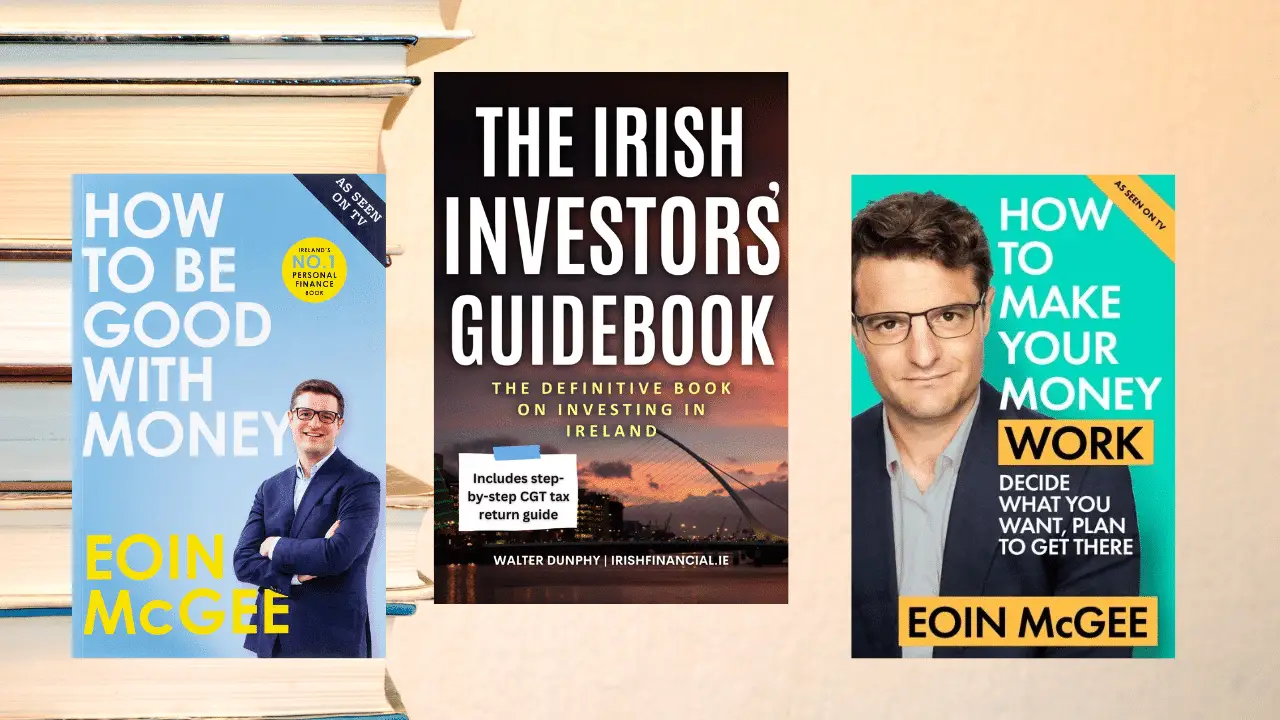The line between investing and gambling can be often be very blurred. Both can cause severe addiction and serious mental health issues if you don’t act responsibly.
Sometimes you need to take a step back from investing and really analyse your behaviour to see whether you are acting irrationally and need support.
I should be clear from the outset, I am no mental health expert. But based on my years of investing, and closely watching the development of retail investing, there are a couple of reasons I have identified that are exacerbating the problem of people getting too emotionally involved with their investments.
The purpose of this post is to get you thinking about your investing habits which can become something unhealthy if left unchecked.
A couple of questions to ask yourself:
Is my mood dependent on whether the market is in the green or the red?
Am I trying to build long term wealth or is this just all a game for me?
Am I checking my trading app multiple times a day or just once a week/month?
Do I feel guilty at the thought of spending my money on anything other than increasing my portfolio size?
Do I get FOMO (Fear Of Missing Out) after watching your latest YouTube influencer video about the latest investing trend and cannot rest until you get in on the action?
If these questions have raised a couple of doubts in your mind surrounding whether investing is having too much of a bearing on your life, then keep reading. We will go through some possible reasons for this, as well as how to take back control.
The Link between the Stock Market and Mental Health Disorders
There have been many studies conducted on the relationship between mental health conditions and the ups and down of the stock market.
One such study found there was a clear positive correlation between volatility on the FTSE 100 and poor mental well-being and that it can also effect those not directly invested in the stock market.
Our findings suggest that low-frequency changes in the FTSE 100 stock price index (i.e., six monthly and annual) are positively correlated with mental well-being, whilst annual volatility in the stock price index is associated with poorer mental well-being. Using a proxy of stockholder status, we present evidence of a larger effect of stock market activity on the well-being of stockholders compared with others, which is consistent with a wealth effect. However, we also find evidence that stock market movements shape the well-being of non-stockholders, suggesting the existence of an ‘economic barometer’ and/or ‘social mood’ effect
Anita Ratcliffe, Karl Taylor, Who cares about stock market booms and busts? Evidence from data on mental health, Oxford Economic Papers, Volume 67, Issue 3, July 2015, Pages 826–845, https://doi.org/10.1093/oep/gpv030
Reach out for Help
Your first port of call if you are in distress, should be to reach out for help, it can be difficult to find the right person to speak to and the hardest part is making the first step to make an appointment. As well as this, getting support can be expensive, you often don’t know how much you are charged until after your session.
Fettle has made this whole process very simple for anyone looking for online therapy or counselling.
The Increasing Gamification of Investing
In the good old days before the internet, those privileged enough to be investing would often only find out about the performance of their investment when the Sunday paper arrives or by calling up their broker.
Unlike nowadays, you can check your profits and losses every minute of the day if you want, and some people do. We are bombarded with clever broker user interfaces that are designed to be more and more game-like
The gamification of investing involves turning everyday financial processes into milestone-based tasks and rewards-type activities, which are simplified and made enjoyable through gaming mechanics normally used in video games
Rapidly changing prices going from red to green, leaderboards, and confetti popping when we make a trade or receive a dividend all can cause us to unconsciously get addicted to investing. Like Pavlov’s dog, we are being trained to unconditionally keep coming back for more.
A report by the European Securities and Markets Authority (ESMA) recently recommended increased investor protection to address issues related to misleading marketing campaigns on social media and the use of online engagement practices, such as the use of gamification techniques by firms or third parties.
If these recommendations are taken on board by the European Commission, we could see some brokerages getting a slap on the wrist in the future.
Compete at your peril
Your investment portfolio shouldn’t be treated in the same manner as your fantasy football team. If you are competing against your friends or other people around the world to try and achieve the highest returns possible, then it is likely that it could end in disaster.
Social trading apps like eToro and Trading 212 have added a new dimension to investing that more than likely isn’t having a positive much of a positive effect on keeping retail investing healthy.

You can create public profiles and then compete against others and see how you are doing on leaderboards that rank investors based on their returns.
This can be a slippery slope that will lead you to take risks well above the norm in the hope of
Simple ways to take the emotion out of investing
Set it and leave it: there is a lot to be said about the investing method of setting it and leaving it. There are many AI investing tools that you can use to completely automate your investing.
You could go with a strategy of allocating a percentage of your monthly salary to automatically be invested in one or more ETFs that track index funds like the S&P 500, FTSE 100 and CAC 40 for example.
This will allow you to completely emotionally disconnect from investing but still get its benefits. No need for checking in on a daily basis, take a very long term approach and you only need to periodically check in.
Follow your rule book: Doing thorough research and due diligence can help ease the potential negative emotional downsides when investing. Having a high conviction about what you are investing in will likely mean you will stick to your guns and block out all of the noise.
Those who flip-flop and take every opinion they hear on Twitter or YouTube are far more likely to feel the emotions of the ups and downs of their investment portfolio. They will always be following the herd and never will be able to keep up with all the latest trends, ending up just being left behind.
Disclaimer: This blog post is for informational and educational purposes only and should not be construed as financial advice.






